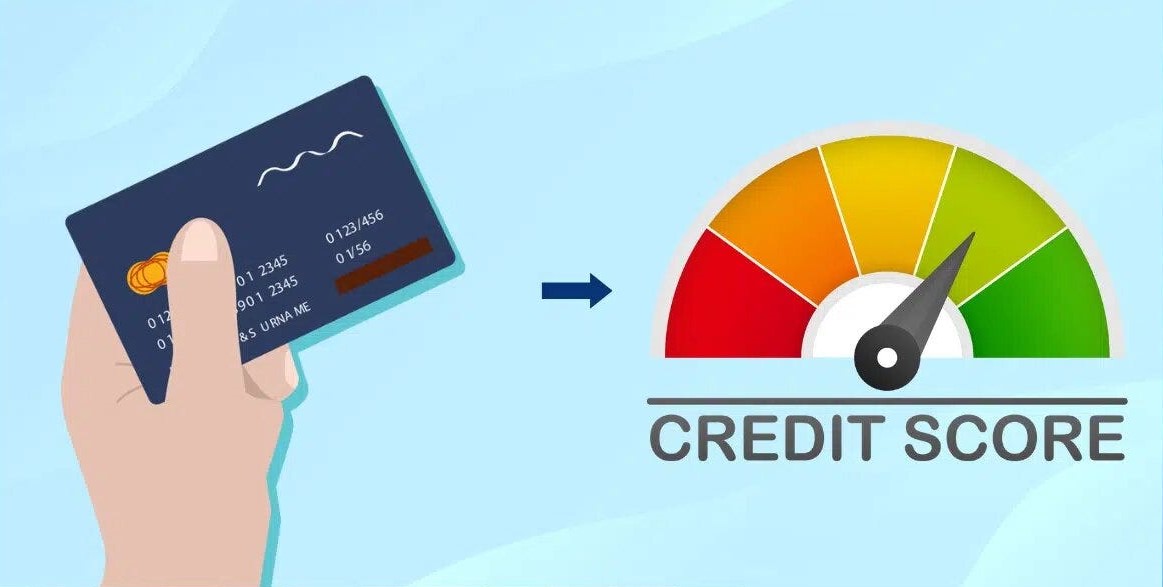
Your credit score is like a financial report card, and how you manage your credit cards plays a pivotal role in shaping that score. Understanding the nuances of this relationship is crucial for maintaining a healthy financial profile. In this blog post, we’ll delve into the impact of credit cards on your credit score and provide valuable insights to help you navigate the world of credit responsibly.
- Payment History:
One of the most significant factors influencing your credit score is your payment history. Timely credit card payments contribute positively to your score, showcasing your reliability in meeting financial obligations. Consistent late payments or, worse, defaults can severely damage your credit score. Set up automatic payments or reminders to ensure you never miss a due date.
- Credit Utilization:
Credit utilization, the ratio of your credit card balances to your credit limits, is another critical factor. Aim to keep your credit utilization below 30% to demonstrate responsible credit management. High credit card balances relative to your credit limit can be seen as a red flag, potentially lowering your credit score. Regularly monitor your balances and make efforts to pay down outstanding debts.
- Length of Credit History:
The age of your credit accounts, including credit cards, influences the length of your credit history. Generally, a longer credit history is viewed positively by credit bureaus. If you’ve had a credit card for an extended period and have managed it well, it contributes positively to this aspect of your credit score. Avoid closing old credit card accounts, as it can shorten your credit history and potentially lower your score.
- Types of Credit:
A diverse mix of credit types, including credit cards, loans, and mortgages, can positively impact your credit score. Credit scoring models appreciate responsible management of various credit accounts. While credit cards are a common form of revolving credit, having a mix of installment and revolving credit can enhance your credit profile.
- New Credit Applications:
Every time you apply for a new credit card, a hard inquiry is made on your credit report. Multiple inquiries within a short period can be interpreted as a sign of financial distress, potentially lowering your credit score. Be strategic about applying for new credit cards, and avoid unnecessary applications. Choose credit cards that align with your financial goals and needs.
Conclusion:
Your credit score is a dynamic reflection of your financial habits, and credit cards play a significant role in shaping it. By understanding the key factors that impact your credit score, you can make informed decisions to build and maintain a positive credit profile. Responsible credit card usage, timely payments, and a strategic approach to managing your credit can pave the way for financial success. Remember, your credit score is a valuable asset – nurture it wisely.
